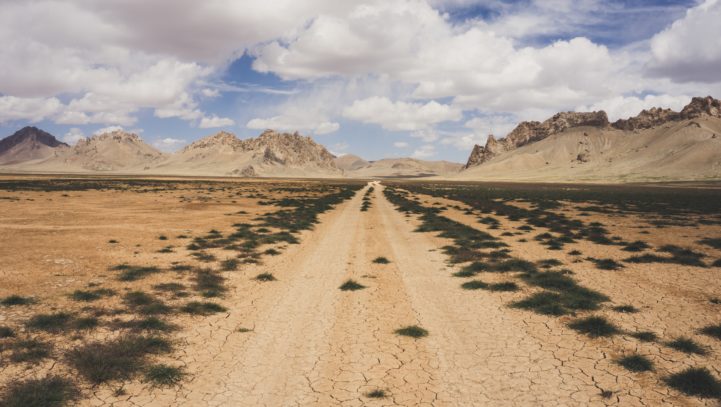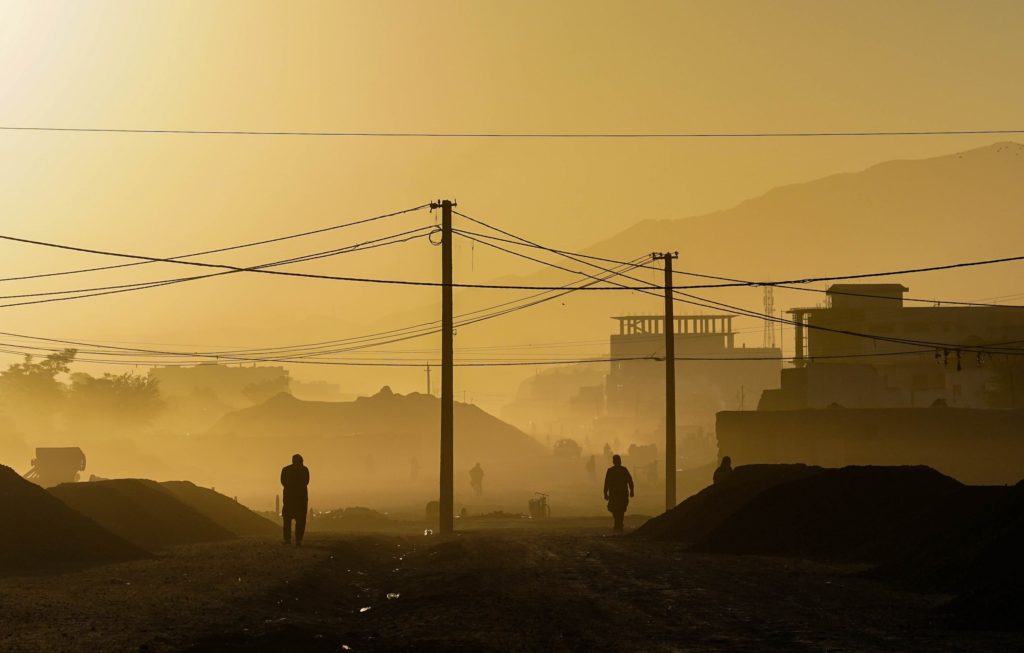Corruption and Democracy: Welcome to Kleptopia
In the face of the disastrous and devastating events in Afghanistan, one is compelled to ask what happened to those more than USD 1 trillion that were pumped into this small country by the West. How can they not have a more robust, more lasting effect? How can the whole political, legal, and military framework set up in the past 20 years just crumble with barely so much as a shudder? Where is US and European accountability for the human, political & financial damage to generations of Afghan citizens?
Afghanistan shows in extremis the effects that corruption can have on democracy. Not the petty kind of corruption of “grease money” or “a sip of cold water” that traffic police and other minor public officials extort so effectively – although this seemingly petty form of extortion frequently percolates up the system, with senior officials and ministers demanding their share of this profitable business. No, I am talking here about grand political corruption in which elites on an international, national, and local level control the whole political system for their own material benefit. One does not need a humanitarian disaster to showcase the effects of such corruption on a society. As can be witnessed in many countries across the globe, it leads to the criminalisation of the state, where power, accumulation and violence serve the interest of political elites interlocked with international business. In other words, formal “licit” offices of power and authority, such as the government, public office, legal framework, security bodies, are the vehicles through which wealth and power are accumulated. Some of the actors involved may be obviously illicit or illegal, such as drug barons or warlords, but they can also be elected heads of state or senior officials; they operate in networks hat shored up by international diplomacy as well international commercial and financial actors.
In this web of international plunder, states become thoroughly criminalised, although many of the actors hold “legitimate” and legal office. This is what Tom Burgis terms a “kleptopia” (an excellently researched and highly commended read). The plundering takes on many guises; it may be camouflaged as “legitimate” military or developmental or other intervention, through which international companies and agencies secure billions from government companies. But it also can operate in more shadowy spheres, for instance through the lucrative drug, weapons and human trafficking networks; for instance the effects the opium trade have pretty nasty repercussions on whole societies across South and Central America and the Sahel (indeed, Afghanistan would be another sorry example). In all cases the boundaries fluctuate between between “bona fide” actors, such as the ministers, governors, or the army, and criminal gangs, such as militias or drug barons – they may be both at the same time, or work hand in glove, or just side-by-side.
One of the huge ironies of corruption on this scale is that much of the money is siphoned off in the name of democratisation, reconstruction, and development. As a result, in the West, taxpayers are “only” defrauded; in other parts of the world, people are not so lucky. Their lives are scarred by structural violence, exploitation, and exclusion, for the public interest – the guiding light of a democracy – is completely subverted by very powerful and, if need be, violent, private interests.
Again, the case of Afghanistan is particularly devastating, but similar cases can be made in other parts of the world, such as the Great Lakes Region in Africa, or in Central America. No wonder so many people in so many regions are utterly disillusioned by the promise of democracy, which has brought them disenfranchisement and instability, instead of political, social, and economic empowerment. The rule of law has been replaced by the rule of private interest, accumulation, and wealth; moreover, in a globalised world the sheer outreach of large-scale corruption is also escalated, both in geographic terms, corroding societies across regions and national borders, as well as in volume, with illicit financial flows finding new digital mediums that escape the (poorly resourced) regulatory authorities.
Under these circumstances, it is not individual acts of corruption which are the problem. The problem is the whole kleptocratic system, which captures institutions, laws and procedures that are in place to protect individual and collective freedoms. The core of legitimate political power acting in the public interest, so fundamental to the very substance of democracy, is undermined by power legitimated by wealth, influence, and private interest.
These are the issues we need to be talking about if we are serious about corruption. These are the issues we need to be talking about if we are serious about democracy. These are the issues we need to talk about regardless where we live, for all countries across the globe are implicated. The kind of polarised and partisan politics we can witness in so many places are but one effect of the divisions and disillusionment that this type of corruption has caused. Afghanistan is but an extreme victim of kleptopia. And we should start standing up and end the impunity of the kleptocrats in our own backyard.
About the author: Dr. Lucy Koechlin is Director Governance and Accountability at Stream House.


